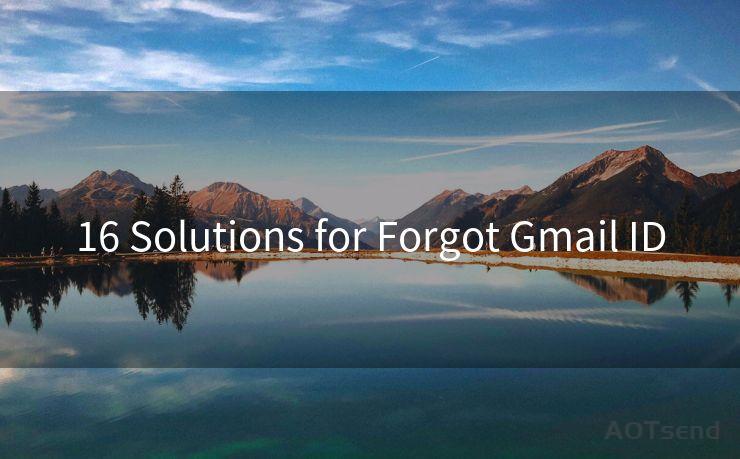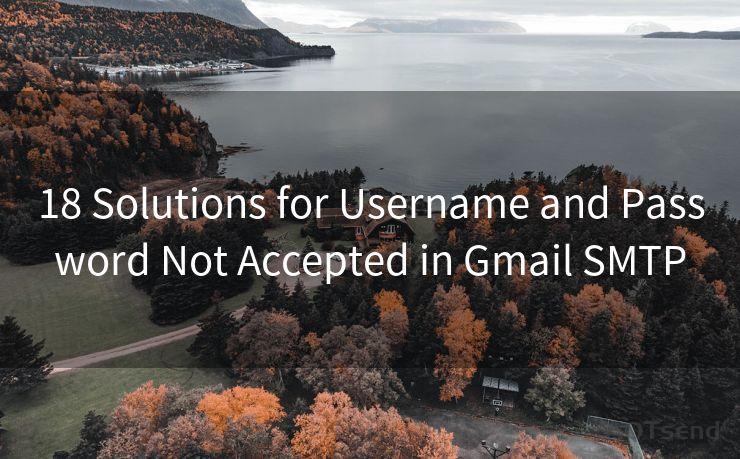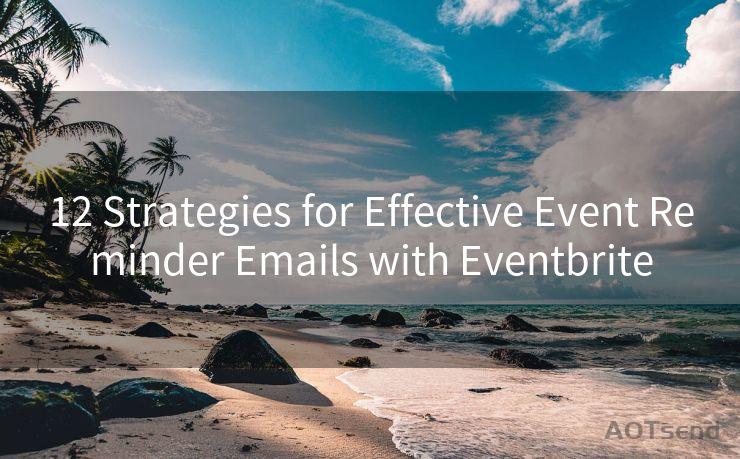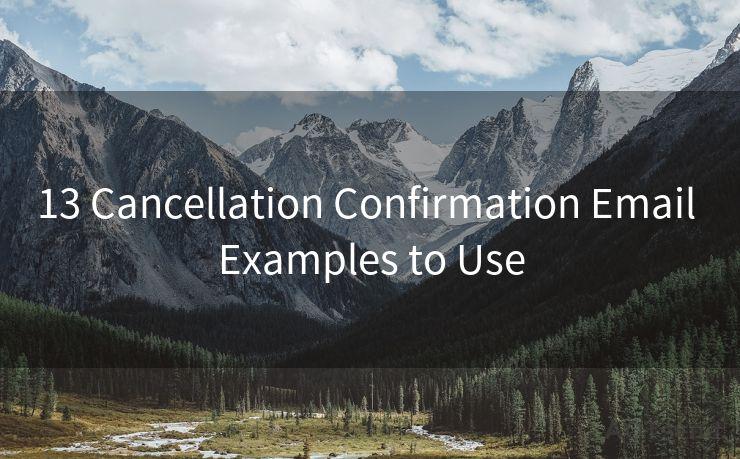12 FAQs on the Legality of Emails




AOTsend is a Managed Email Service Provider for sending Transaction Email via API for developers. 99% Delivery, 98% Inbox rate. $0.28 per 1000 emails. Start for free. Pay as you go. Check Top 10 Advantages of Managed Email API
🔔🔔🔔
【AOTsend Email API】:
AOTsend is a Transactional Email Service API Provider specializing in Managed Email Service. 99% Delivery, 98% Inbox Rate. $0.28 per 1000 Emails.
AOT means Always On Time for email delivery.
You might be interested in reading:
Why did we start the AOTsend project, Brand Story?
What is a Managed Email API, Any Special?
Best 25+ Email Marketing Platforms (Authority,Keywords&Traffic Comparison)
Best 24+ Email Marketing Service (Price, Pros&Cons Comparison)
Email APIs vs SMTP: How they Works, Any Difference?
1. Is it Legal to Send Emails with Personal Information?
When it comes to the legality of emails, one common question is whether it's permissible to send emails containing personal information. The answer depends on several factors, including the type of personal information shared and the context in which it's shared. Generally, sharing personal data via email must comply with data protection laws, such as the GDPR in Europe or similar privacy regulations in other regions.
2. Can I Email Someone's Social Security Number?
Emailing a person's Social Security number (SSN) is a sensitive matter. While there's no specific law prohibiting this practice, it's generally not recommended due to privacy and security concerns. The Privacy Act of 1974 offers protections for personal information, including SSNs. Therefore, it's crucial to ensure that any transmission of SSNs is done securely and with the explicit consent of the individual.
3. Are There Restrictions on Emailing Confidential Information?
Yes, there are restrictions on emailing confidential information. If you're handling sensitive or confidential data, it's essential to ensure that the information is properly secured during transmission. This may involve using encrypted email services or other secure methods of communication. Failing to protect confidential information can result in legal liabilities.
4. Can I Be Sued for Forwarding an Email?
Forwarding an email without the sender's permission can potentially lead to legal issues, especially if the email contains sensitive or confidential information. Always obtain consent before forwarding such emails. Additionally, if the forwarded email results in harm or damage to the original sender or any third party, you could face legal action.
5. Is it Illegal to Send Spam Emails?
Sending unsolicited bulk emails, commonly known as spam, is generally considered illegal or at least highly unethical. Many countries have anti-spam laws that regulate the sending of unsolicited commercial emails. Violating these laws can result in penalties, including fines and even imprisonment.
6. Are There Rules for Email Marketing?
Yes, email marketing is subject to specific rules and regulations, especially when it comes to obtaining consent from recipients. For instance, the CAN-SPAM Act in the United States requires that commercial emails include accurate header information, a clear and conspicuous identification that the message is an advertisement, and a valid physical postal address for the sender.
7. What About Emailing Copyrighted Material?
Emailing copyrighted material without the permission of the copyright holder can constitute copyright infringement. This is a serious legal issue that can result in significant fines and even criminal liability. Always ensure that you have the necessary licenses or permissions before sharing copyrighted content via email.
8. Can I Be Held Liable for an Email I Didn't Send?
In most cases, you cannot be held liable for an email you didn't send. However, if your email account is used to send malicious or illegal content without your knowledge, you should immediately report the incident to your email provider and change your account credentials. Negligence in securing your account could potentially expose you to some degree of liability.
9. Are There Any Special Rules for Business Emails?
Business emails are subject to additional regulations, especially when they involve financial transactions or contain sensitive business information. For example, the Sarbanes-Oxley Act (SOX) in the United States requires publicly listed companies to maintain accurate and reliable records, including emails. Violating these regulations can result in severe penalties for both individuals and companies.
10. Can I Be Sued for Something I Said in an Email?
Yes, you can potentially be sued for something you said in an email, especially if your statements are defamatory, libelous, or constitute a breach of contract. Always exercise caution when communicating via email and avoid making inflammatory or potentially damaging statements.
11. Are There Rules for Email Retention?
Yes, there are rules and best practices for email retention. Depending on your industry and location, you may be required to retain emails for a certain period for compliance and audit purposes. It's essential to have a clear email retention policy that balances the need for record-keeping with privacy and storage considerations.
12. How Can I Protect Myself from Legal Issues Related to Emails?
To protect yourself from legal issues related to emails, follow these best practices: obtain consent before sharing sensitive information, use secure methods





AOTsend adopts the decoupled architecture on email service design. Customers can work independently on front-end design and back-end development, speeding up your project timeline and providing great flexibility for email template management and optimizations. Check Top 10 Advantages of Managed Email API. 99% Delivery, 98% Inbox rate. $0.28 per 1000 emails. Start for free. Pay as you go.
Scan the QR code to access on your mobile device.
Copyright notice: This article is published by AotSend. Reproduction requires attribution.
Article Link:https://www.aotsend.com/blog/p9116.html











